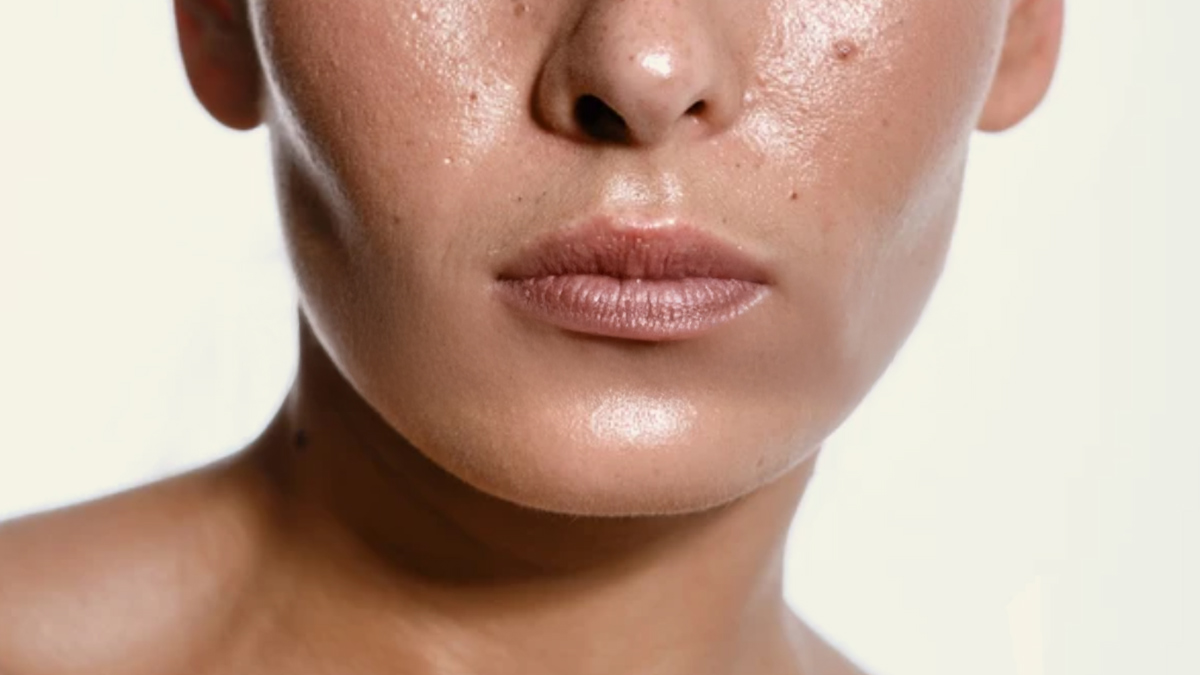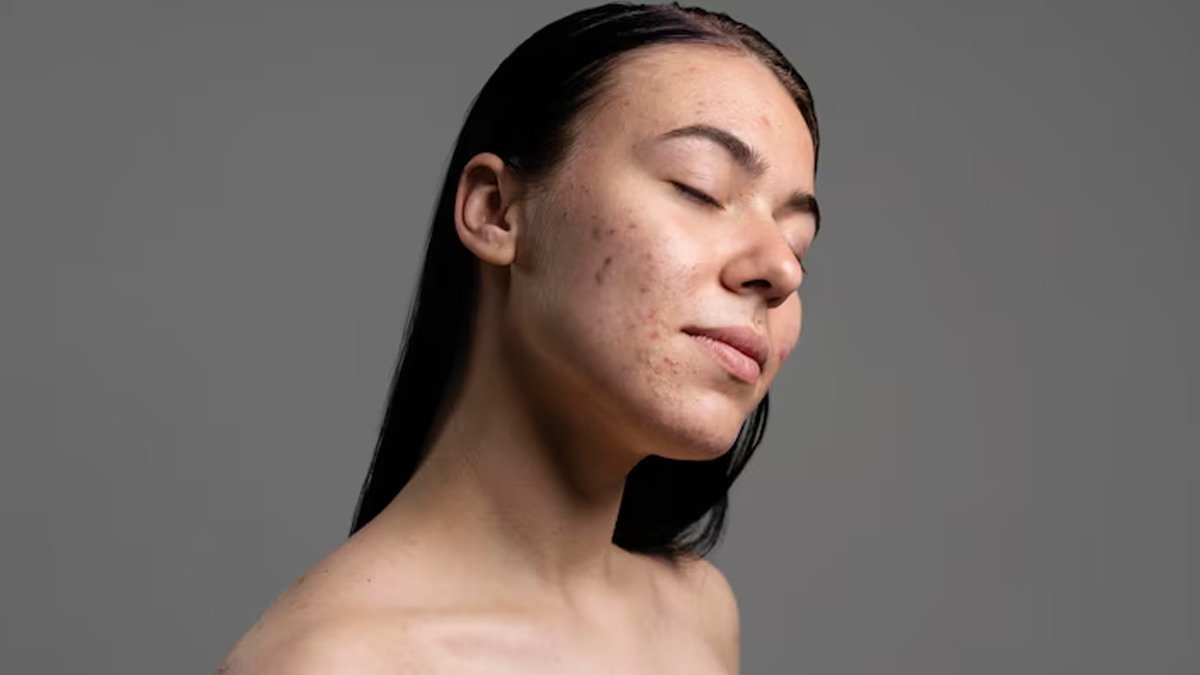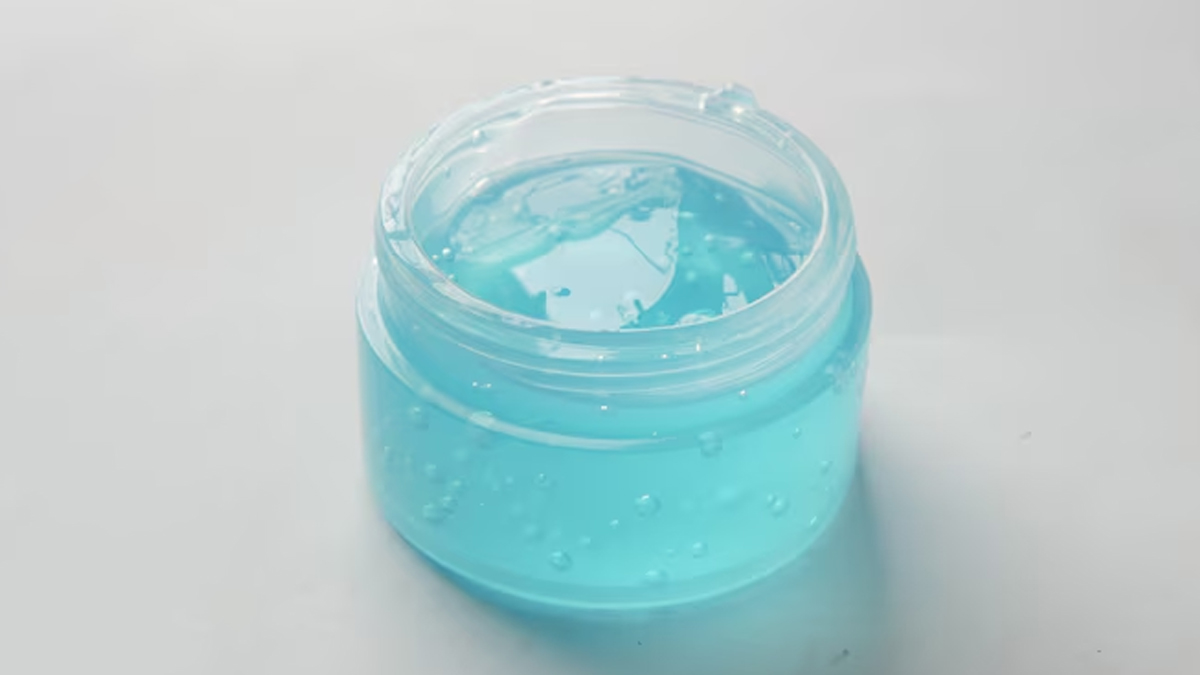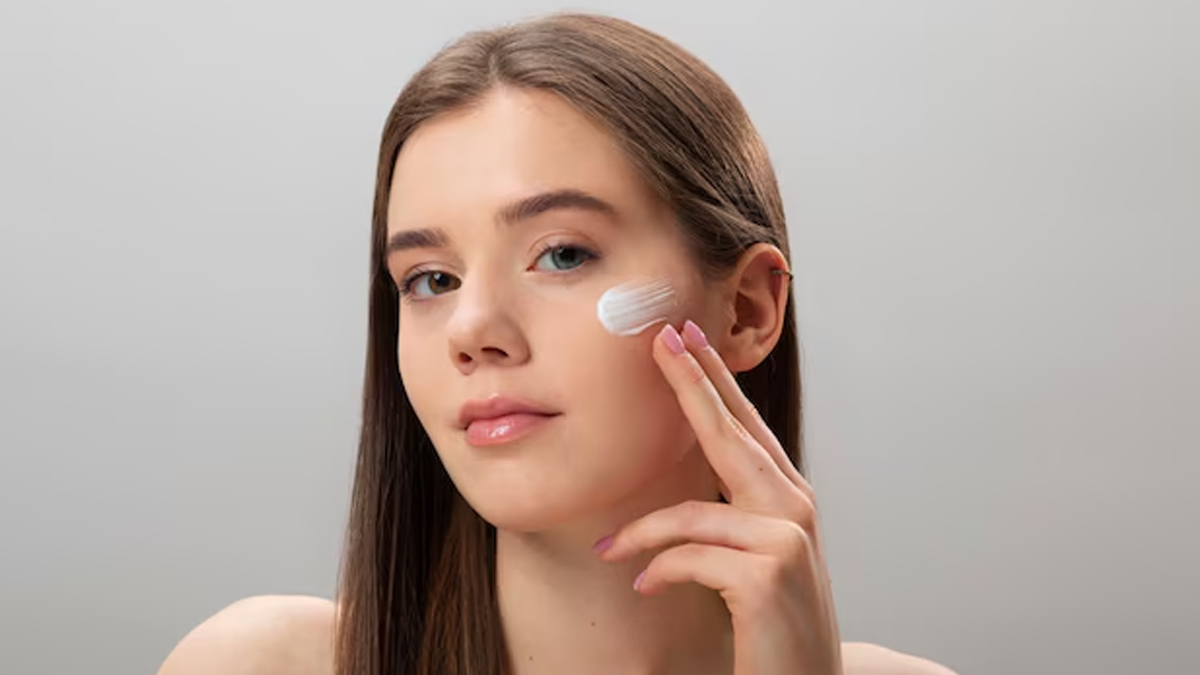
Are you familiar with the feeling when your moisturiser suddenly starts feeling like a sticky layer you can't wait to wash off? This is your skin trying to tell you it's sweating under that rich cream. Just like we swap our sweaters for cotton tees when the weather warms up, our skincare also requires a seasonal change. Because what worked in December may just be clogging your pores in May.
Table of Content:-
Why Your Skin's Needs Change With the Seasons

Our skin is smart. It adapts to changes in humidity, temperature, and sun exposure. In colder months, the air is drier and can strip skin of moisture, making heavy creams and occlusive ingredients (like shea butter or petrolatum) a great fit. But in summer, rising heat and humidity increase sebum (oil) production. This means the same moisturiser that once felt like a hydrating hug may now feel more like a greasy mask.
Your skin is prone to clogged pores, breakouts, and uneven texture, if you don't adjust your skincare in summer. Hence, opt for lighter layers, breathable products, and targeted hydration.
Signs Your Moisturiser Might Be Too Heavy

- Your face feels sticky or oily shortly after applying moisturiser.
- You observe more frequent breakouts, particularly on the forehead, cheeks, or nose.
- Your makeup runs off or doesn't last well on your face.
- You have the compulsion to wash your face several times a day.
Also Read: Can The Sun Make You Age Faster? Here's What You Need To Know Before Going Out!
How to Lighten Up Your Skincare Routine
1. Change to a Gel or Water-Based Moisturiser

Search for ingredients, such as hyaluronic acid, glycerin, and aloe vera. These hydrate without clogging pores or weighing down skin. Gel moisturisers penetrate fast and tend to have a cooling effect, which is a plus during hot weather.
2. Don’t Ditch Moisturiser Altogether
Even if your skin feels oily, it still needs hydration. When you skip moisturiser, your skin will produce more oil to compensate. The key is finding the right formulation; light, non-comedogenic, and ideally fragrance-free if your skin is sensitive.
3. Reevaluate Your Entire Routine
Summer is a good time to simplify. You may not require so many occlusive or barrier-based products. Consider:
- Cleanser: Use a mild, foam or gel cleanser to dissolve sweat and excessive oil.
- Serum: Mix in an antioxidant serum, such as vitamin C to battle free radicals resulting from sun damage.
- Exfoliator: Gently use a mild chemical exfoliant, such as lactic or salicylic acid to unclog pores once or twice a week.
4. Sunscreen is Non-Negotiable
A light, non-greasy sunscreen (at least SPF 30) should be your everyday choice. Try gel or liquid forms that aren't too heavy or pore-clogging.
Also Read: The Ultimate No-No: Skin-Care Ingredients That Don't Play Well Together
What About Dry or Sensitive Skin?

If your skin is dry or sensitive, you may still require something a bit more moisturising. The key is to avoid occlusives and use humectants and ceramides in a light cream. Apply thicker creams only at nighttime, if at all, and observe how your skin reacts.
Listen to Your Skin, Not the Season
Ultimately, seasonal change is a guide, not a hard-and-fast rulebook. Your skin type, lifestyle, and environment (air-conditioned offices) come into play. The best solution? Listen to how your skin feels. If something's not working, don't be afraid to mix it up.
The American Society for Dermatologic Surgery (ASDS) advises against sun exposure if you notice significant changes in your skin. Early warning signs of skin cancer include skin discolouration, alterations in moles, and rough red patches. If you observe any of these symptoms, it's crucial to consult a dermatologic surgeon.
Bottomline
Skincare does not have to be a chore, particularly during the summer. If your face feels heavy, oily, or irritated, it might be time to switch from that rich winter moisturiser to a lighter one. A few simple adjustments will ensure that your skin is happy, well-hydrated, and looking its best, even when the sun is blazing.
[Disclaimer: This article contains information provided by an expert and is for informational purposes only. Hence, we advise you to consult your professional if you are dealing with any health issue to avoid complications.]
Also watch this video
How we keep this article up to date:
We work with experts and keep a close eye on the latest in health and wellness. Whenever there is a new research or helpful information, we update our articles with accurate and useful advice.
Current Version